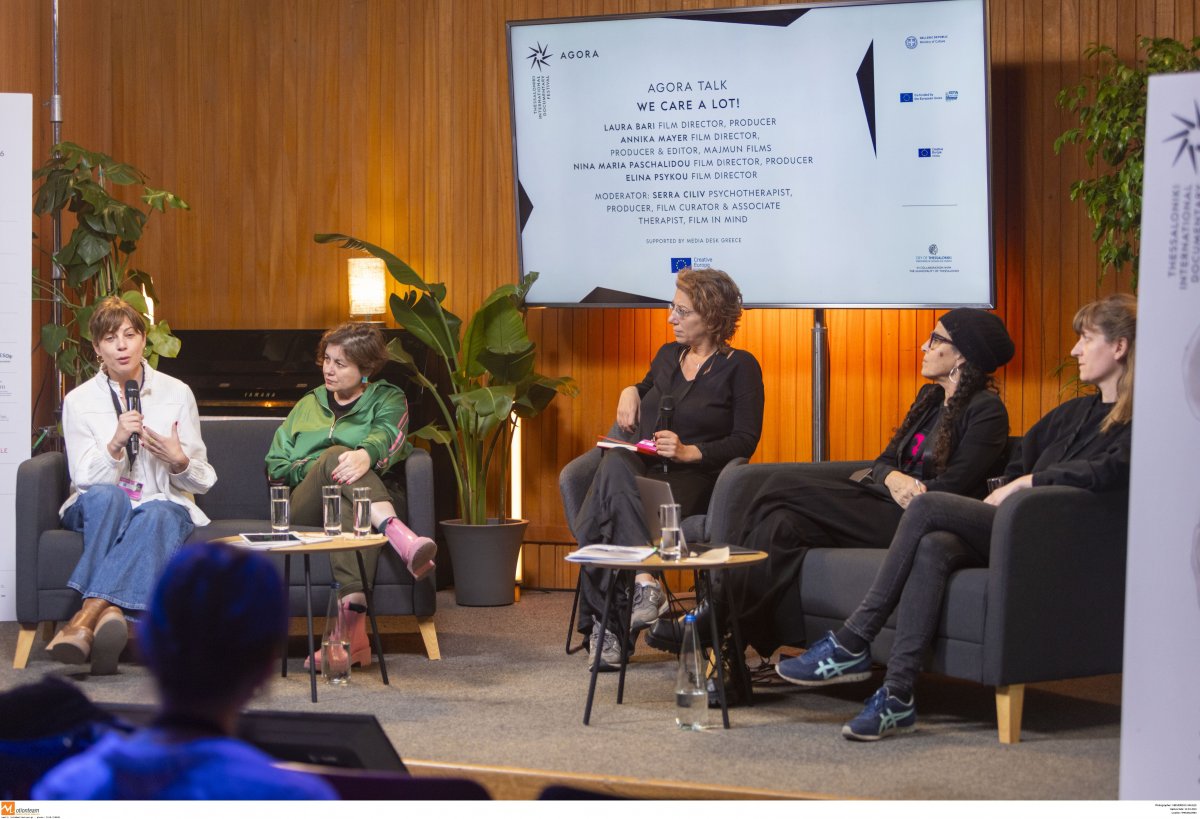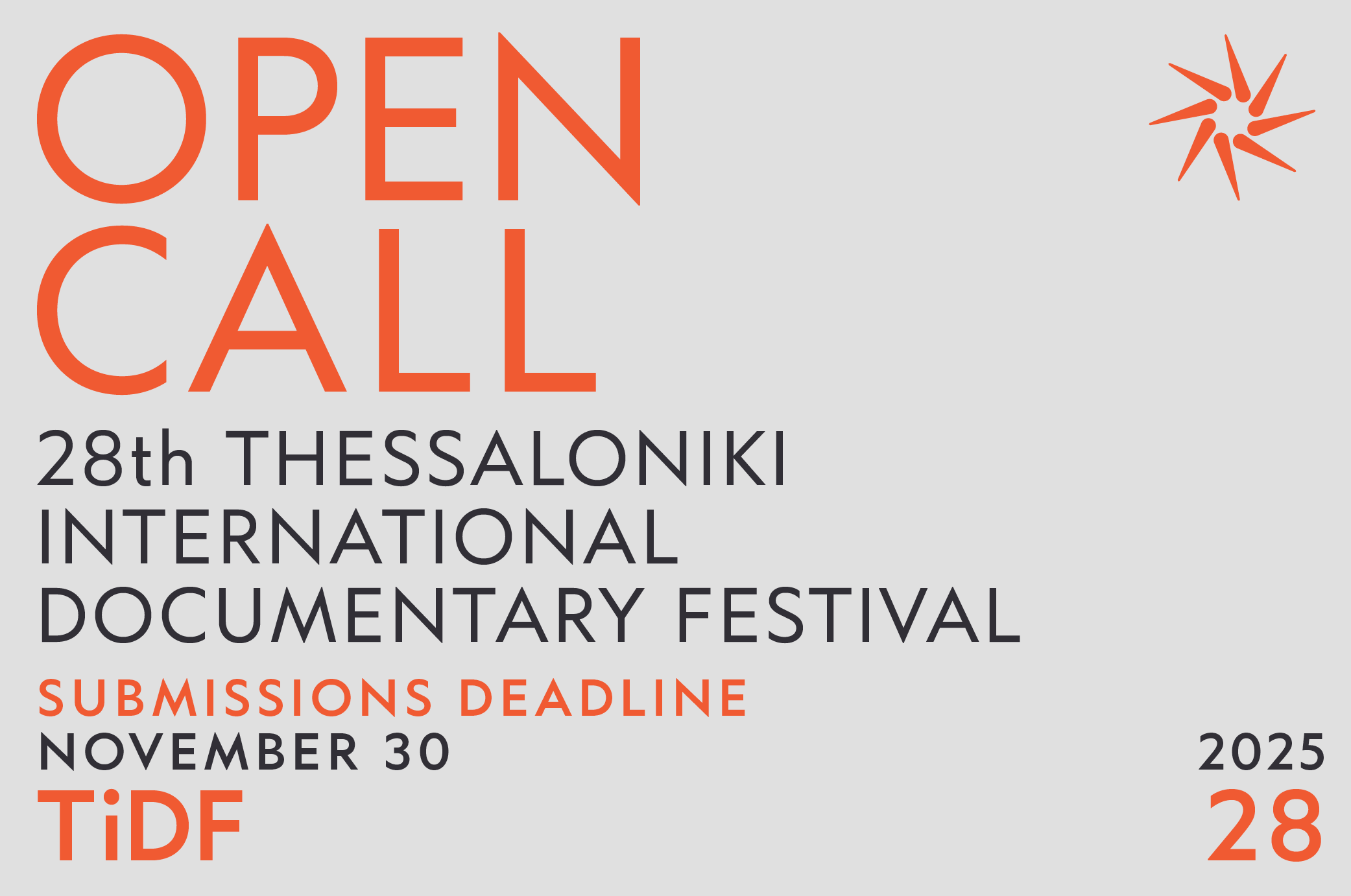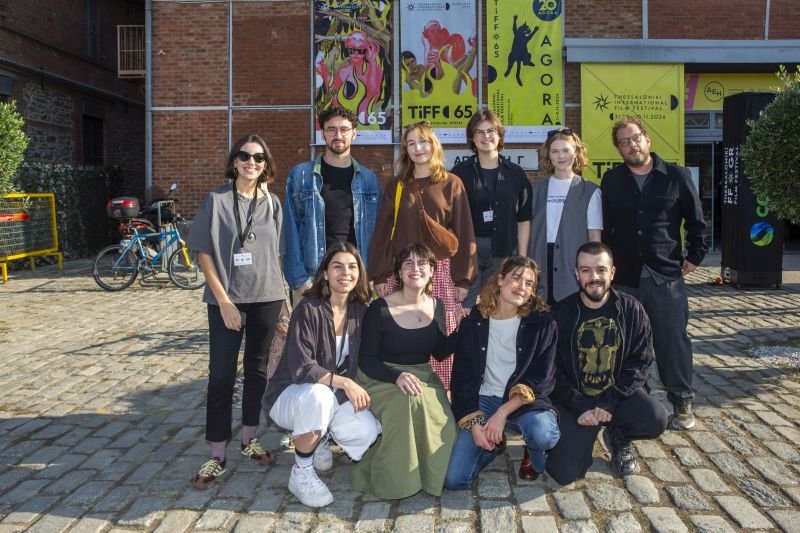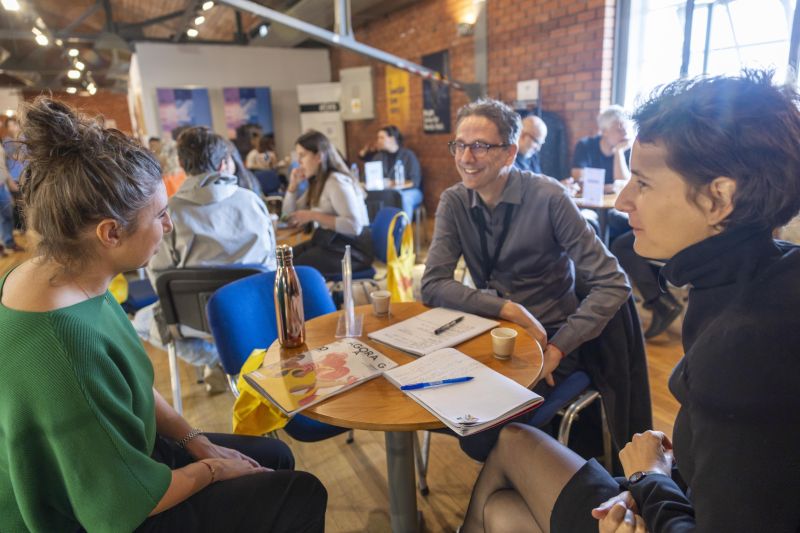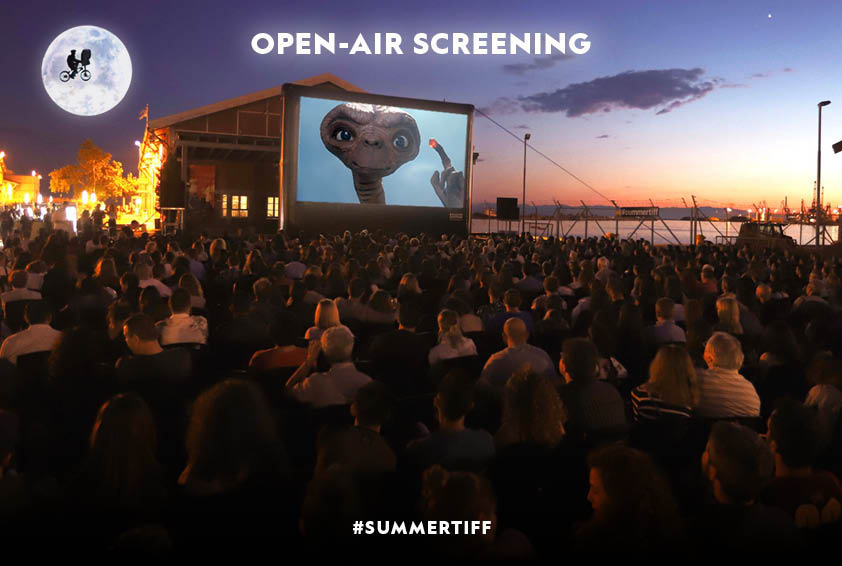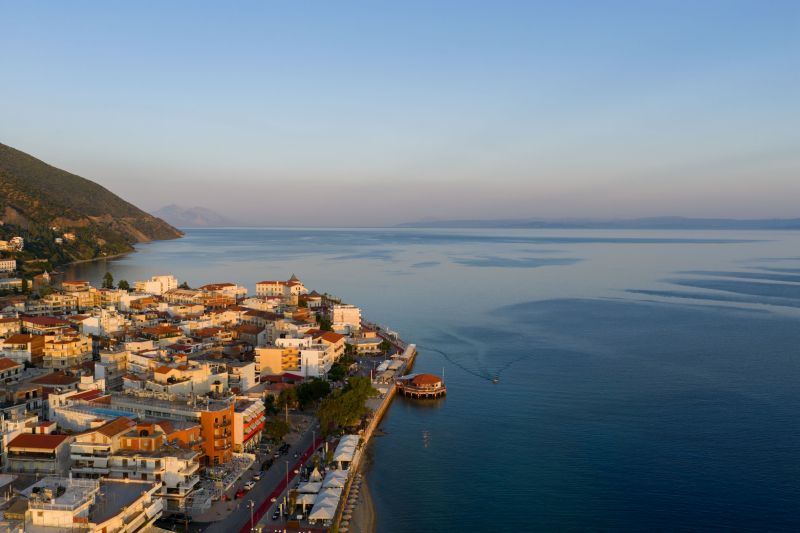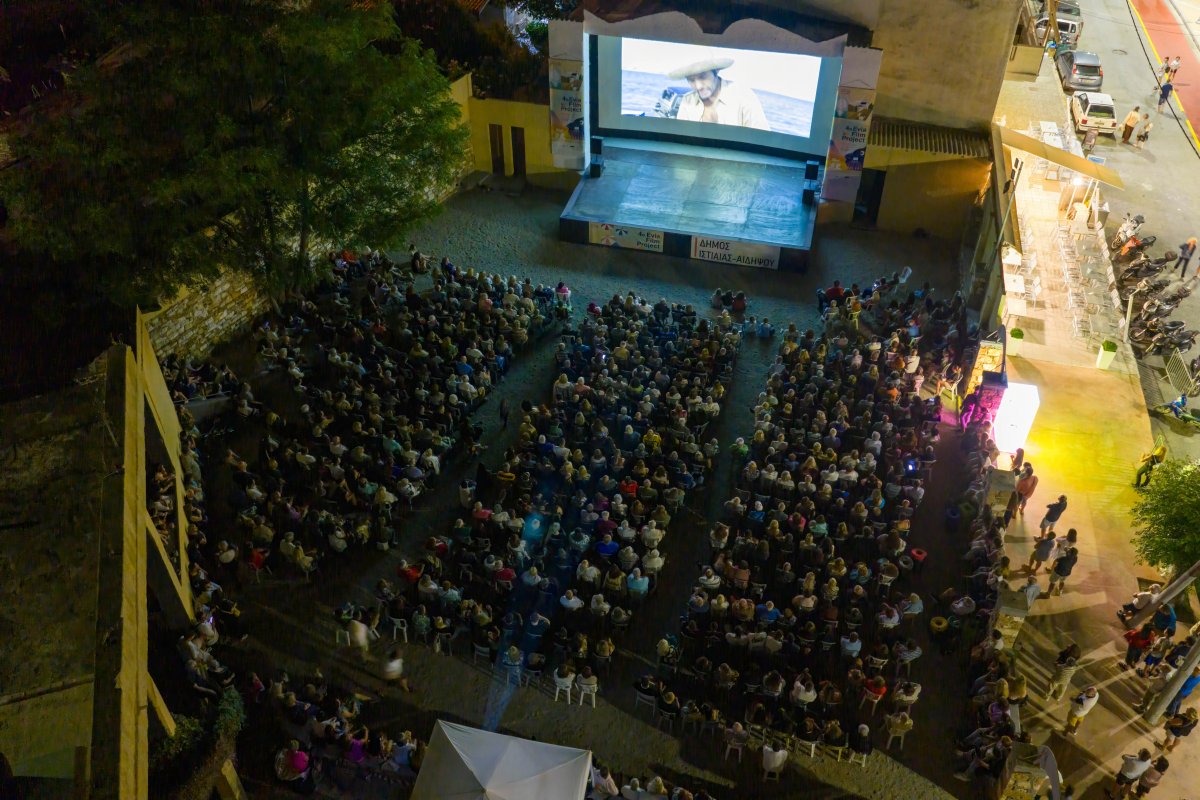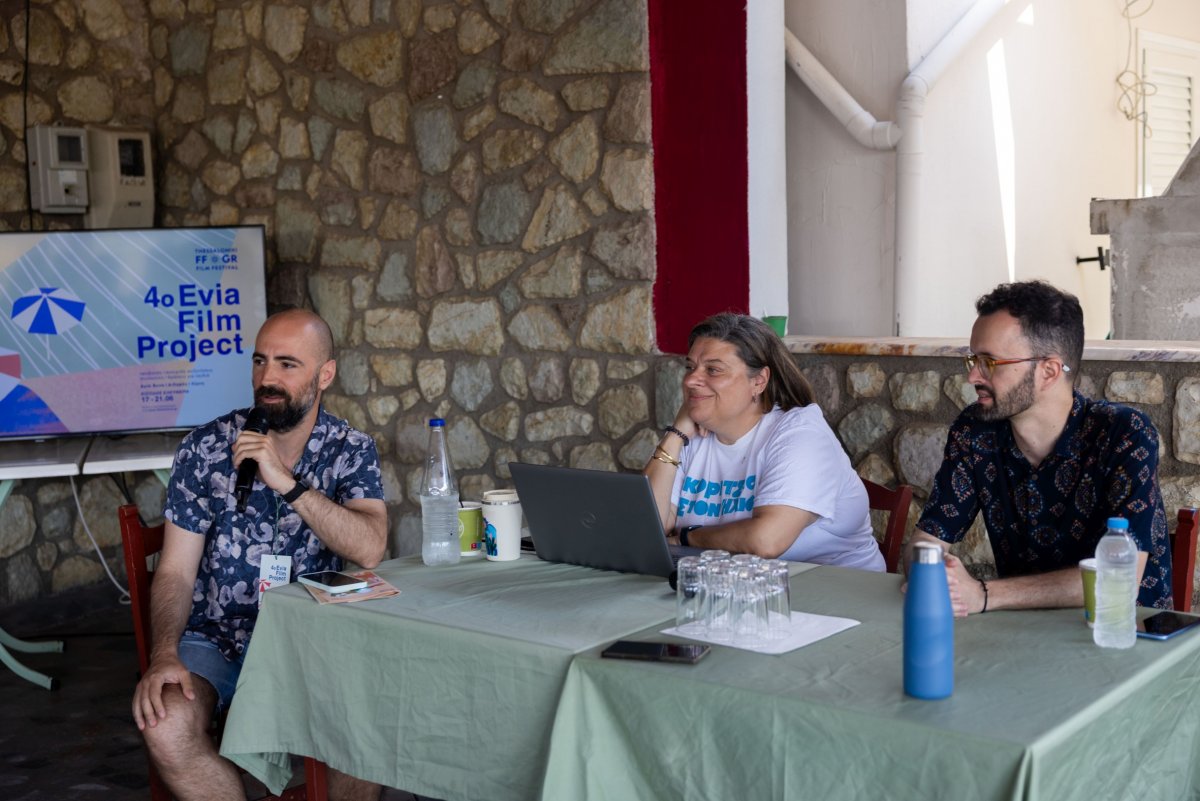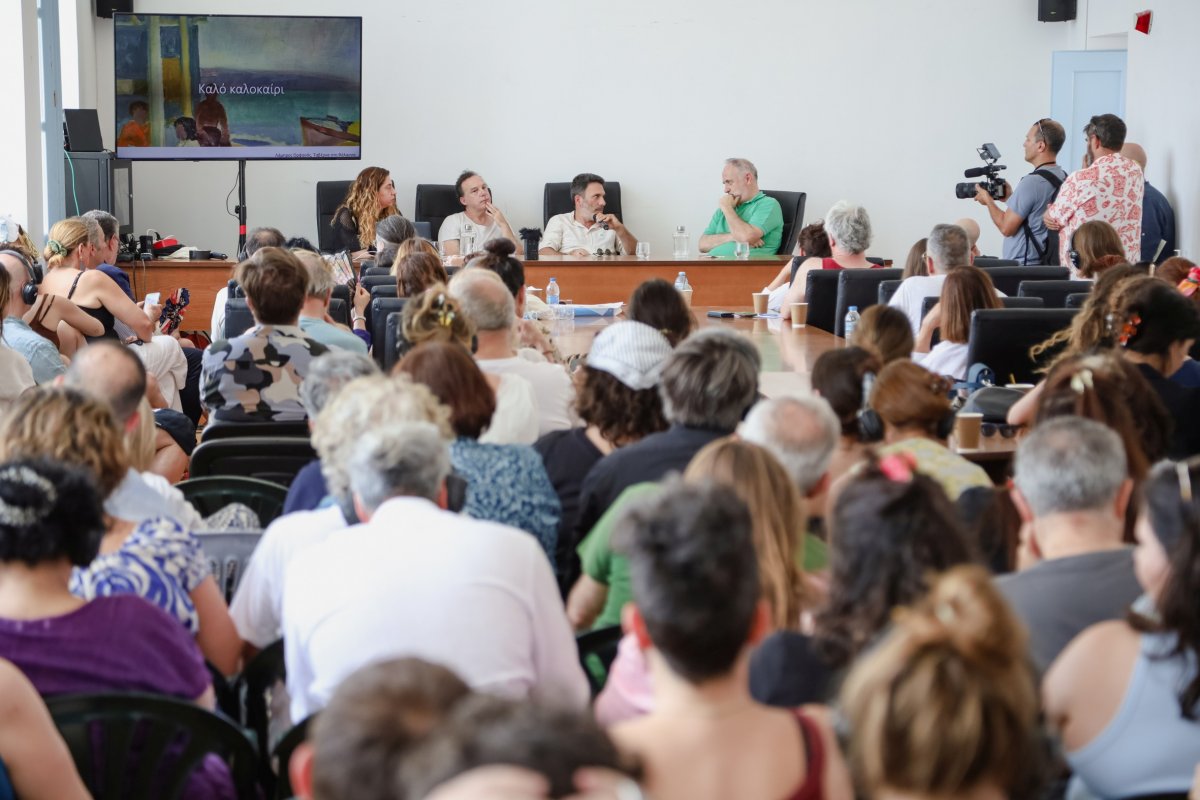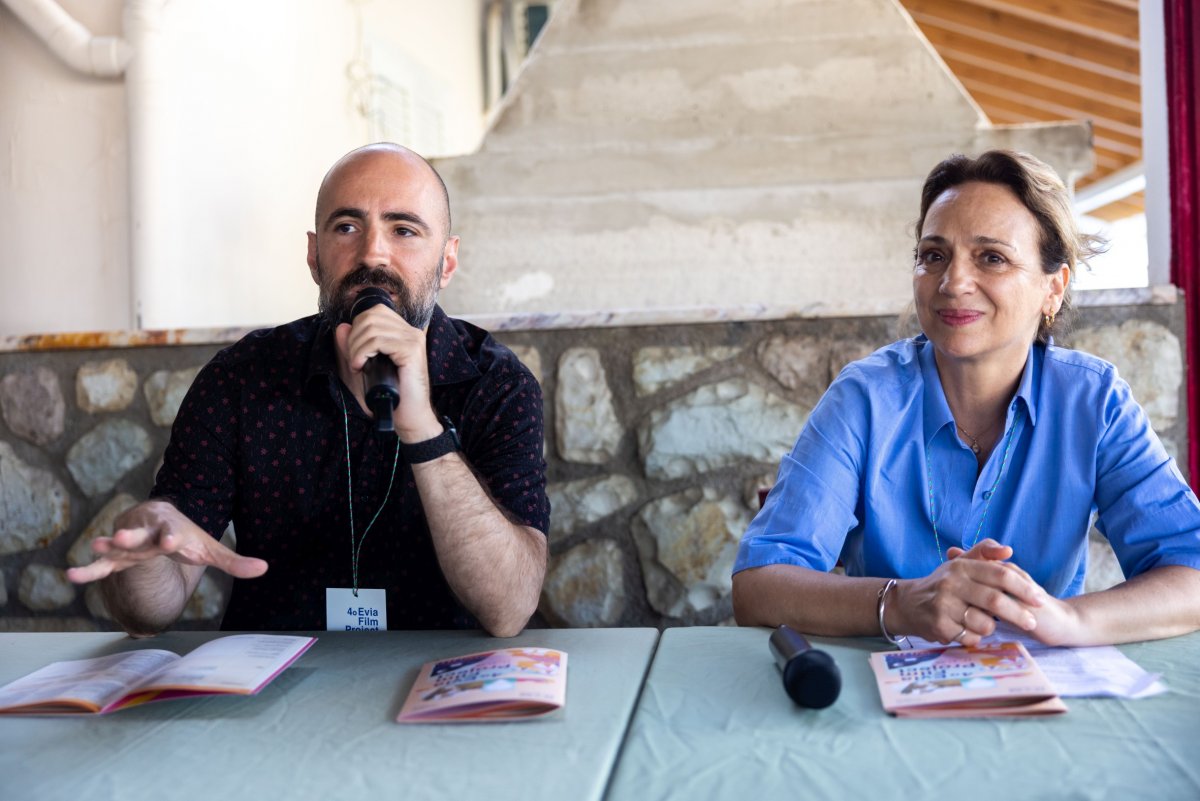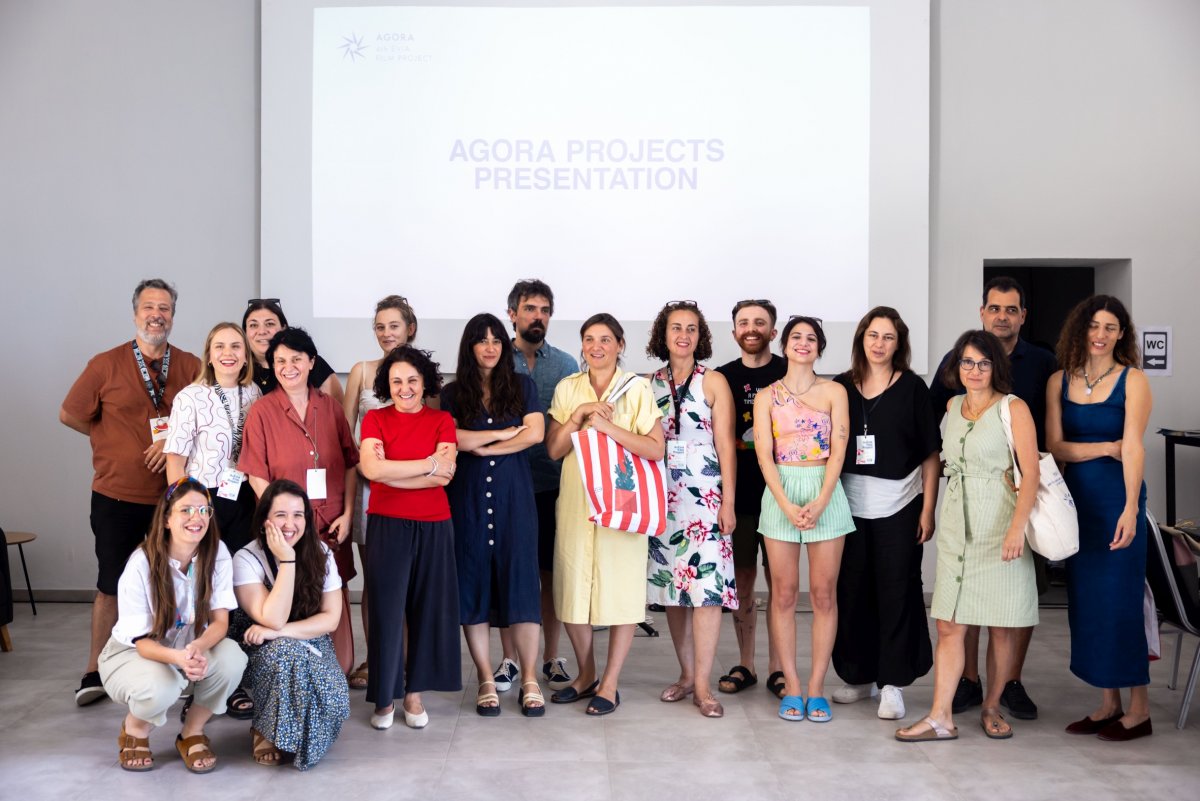The final talk hosted by the Agora of the 26th Thessaloniki International Documentary Festival took place on Wednesday March 13th, in the main hall of the Municipality of Thessaloniki’s Music Center, with the support of Media Desk Greece. The discussion titled “We Care a Lot!” cantered around women filmmakers dealing with challenging subjects and traumas, and their approach on balancing between these topics. Participating in the discussion were director and producer Nina Maria Paschalidou, director Elina Psykou, director and producer Laura Bari, and director and editor Annika Mayer (Majmun films). Psychotherapist, facilitator, producer and film curator, Serra Civil, moderated the conversation.
Serra Civil began with a comment about the title of the talk saying that “we think of the documentary industry as one that cares. It’s full of people that care about injustices and about how to change things”. She gave thanks to the Festival: “I am indebted to the Festival for bringing this topic up”. She stirred the conversation around the meaning of trauma and how it’s defined, the effects it can have in the creative process, how “it can silence and disconnect us from ourselves and parts of us” adding that, “we tend to think of trauma as something in the past, especially around collective or intergenerational trauma, but it’s always here. So people who deal with this topic, they are looking compassionately towards it. Having this in mind, looking around our filmmakers I can’t help but see healers of our times navigating an industry that’s precarious, who also work with vulnerable participants, so there is a lot of care that needs to be taken”. She also pointed out that “women documentary filmmakers are navigating trauma with a set of meta-skills, which I find incredible”.
The speakers took turns in sharing, each their motives and personal experiences with making films with sensitive subjects. Director Nina Maria Paschalidou initiated the discussion with her experience from her project Femicidio (2022) and she shared a small clip from the film with the audience and talked about the way she chooses her topics, keeping in mind current affairs. “I don’t consider myself a healer, but making these films it is for us a healing process as well as for our protagonists” and pointed out the importance of “maintaining a little distance in (my) films in order to protect both the people I work with and also myself, because we come in and we leave when making a film”.
Director Elina Psykou, whose film Stray Bodies premiered in this year’s Festival, talked about her personal connection to the film: “On a first level, I personally don’t have any experience with the topics touched on the film but, for me it was a matter of giving space to people with different opinions to talk, be heard and understood. It was a big challenge for me, to talk with people with such different opinions than my own, but I wanted to listen and respect them and give them space to be heard and discussed. That was my path,” she pointed out. She continued with the inception of the film, mentioning the crucial role that therapy played when she decided to approach the subject of the film.
Also premiering in this year’s Festival is Home Sweet Home, Annika Mayer’s film about domestic violence, who shared her experience on making the film: “I just know that I was interested in the story and felt like I had to ask more questions about the marriage of my grandmother and grandfather, and ask if she was willing to speak in front of the camera and, to my surprise, she was open to it,” she mentioned. She went on: “Of course it’s very emotional when you get involved with something like this and it was a tough process for me. But the idea of the film is the invisibility of domestic violence, because you usually cannot see it in public spaces, and to open up a space and a conversation about how we can speak about something which is not visible”. She then pointed out that there is a lot of shame around domestic violence and that’s also something we must discuss and not hide from, saying that “films can help to open up such discussions, but structures are harder to change. I can only encourage filmmakers to do this but to know that it’s a hard process”.
The conversation continued with director and producer Laura Bari's experience on making films about trauma and how that shapes the whole of her work: “We have traces from both the trauma and the good experiences, and you have to use both. When you manage trauma through film your mind resorts to imagination,” she pointed out and mentioned that such films create a connection with the audience that might have experienced trauma. “People come up to me after screenings and share their trauma and how it’s the first time they ever spoke about it,” she said. The audience also had the chance to see clips from her short film Antoine (2008).
The speakers went on discussing the structural changes that need to be made, such as supporting projects that have hard and sensitive topics like trauma, where Annika Mayer commented: “It’s not about supporting every project out there, but how you form your critical opinion matters, especially on such hard to pitch topics”. Elina Psykou also expressed her gratitude for the support she received the past days, concerning the infuriated reactions towards her and her film: “I had great support from all the people here in the Festival, which was expected, but it was all very emotional and it balanced all these attacks and I am very grateful for that. It was ultimately an experience from which I received a lot of love and care from people,” she added.
Commenting on the impact of the work, Nina Maria Paschalidou mentioned: “I was invited to a school screening of the film Femicidio, where some of the kids had started to show signs of violent behaviour and after watching the film we ended up having a two-hour conversation with several fifteen-year old kids, who expressed their opinions and talked about all the red flags and how to show respect for women. It’s experiences like these we are hoping these films can bring forth. It’s not easy, but the more people reach out the better, and that’s what’s important,” she said and made a mention of her upcoming project Survivors, which was part of the Festival’s Thessaloniki Pitching Forum.
The speakers wrapped up the discussion with comments from the audience expressing how important the work they do is, with moderator Serra Civil stressing the importance of consciously unsilencing trauma. “These films are important because the power of the camera helps lift the shame of trauma,” said director Laura Bari, and Nina Maria Paschalidou added: “Ultimately these films are not just personal stories, they are stories about everyone and they can help everyone.”


